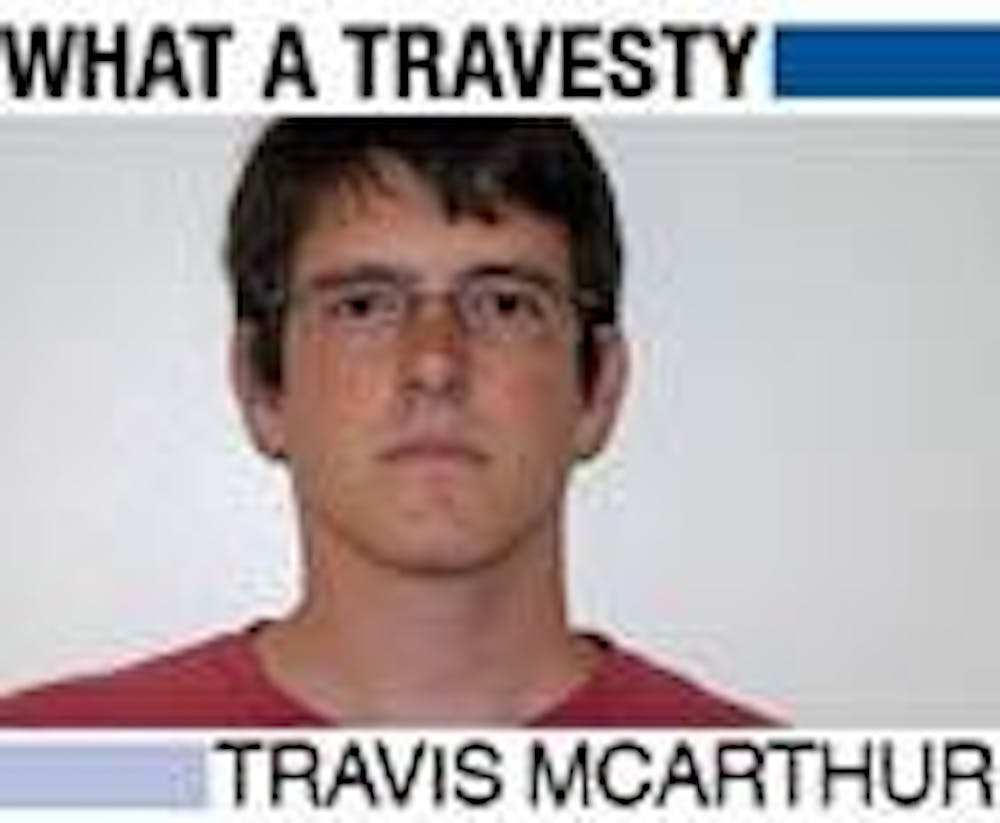On March 30, the Washington Nationals played their first game in their new stadium, Nationals Park. Sports enthusiasts may be rejoicing, but a close examination of the construction of Nationals Park reveals that D.C. residents are the losers in this deal.
A baseball game is indeed a cultural experience that all Americans deserve to enjoy. When in 2003 the Montreal Expos hinted that they might move to D.C. and change their name to the Washington Nationals, the prospect was admittedly exciting. Then-Mayor Anthony Williams began negotiations with the owners. The deal, however, fell victim to what is becoming too common in baseball: greed. The owners of the Expos threatened a move to two other cities in order to extract the greatest concessions from D.C.
As a result of this bidding process, the owners of the Expos were able to secure commitments from the D.C. government to fork over $611 million for the construction of a new stadium. Though the taxpayer bears the cost, the owners of the team will reap the revenues.
Williams faced substantial popular opposition to the deal. A Washington Post poll conducted in 2004 found that a majority of District residents would demand that the team bear a greater proportion of the cost of the stadium, even if the stiffer demand resulted in the team locating to another city.
The necessity of a new stadium was itself questionable. RFK Memorial Stadium, just three miles from the site of the new stadium, successfully hosted the Washington Nationals for the 2005, 2006 and 2007 seasons. RFK Stadium can actually seat 6,000 more people than the new Nationals Park stadium. The poor state of D.C.'s school system, the affordable housing crisis and violent crime are issues more deserving of the $611 million that is going to a redundant stadium.
The main argument advanced by proponents of using public funds to build private stadiums is that the stadium will promote economic development and provide jobs. This increased economic activity will, in turn, increase tax revenues and the stadium will "pay for itself."
As the history of publicly subsidized stadiums demonstrates, this rarely occurs in practice. Roger Noll, an economist at Stanford University, told The Washington Post in 2004, "there's never been a publicly subsidized stadium anywhere in the United States that had the effect of increasing employment and economic growth in the city in which it was built."
Stadiums typically fail to live up to the promised benefits for two main reasons. First, the stadium will be in operation for only a few days a year, precluding the possibility of boosting the number of quality jobs. Mayor Williams' own studies of the economic benefits of the stadium estimated that only 380 new jobs would be created for D.C. residents. Furthermore, no new businesses will open its doors for the prospect of having customers a few days a year.
Another reason the construction of the stadium will not yield the promised economic development is that consumers generally have an inflexible budget for entertainment goods, as Roger Noll notes. When D.C. residents begin to spend money on baseball tickets, their spending on other entertainment goods in the District will decline, hurting area businesses.
Current Mayor Adrian Fenty's opposition to the new stadium while he was a councilmember was courageous and earned him quite a few supporters. By the time he took office, however, it was too late to stop the construction. If Fenty is truly a champion for social justice, he must now hold strong against pressure to build a new publicly subsidized soccer stadium. Improving our school system, ensuring affordable housing and controlling crime should be higher budgetary priorities.
Travis McArthur is a senior in the School of International Service and a D.C. politics columnist for The Eagle.





